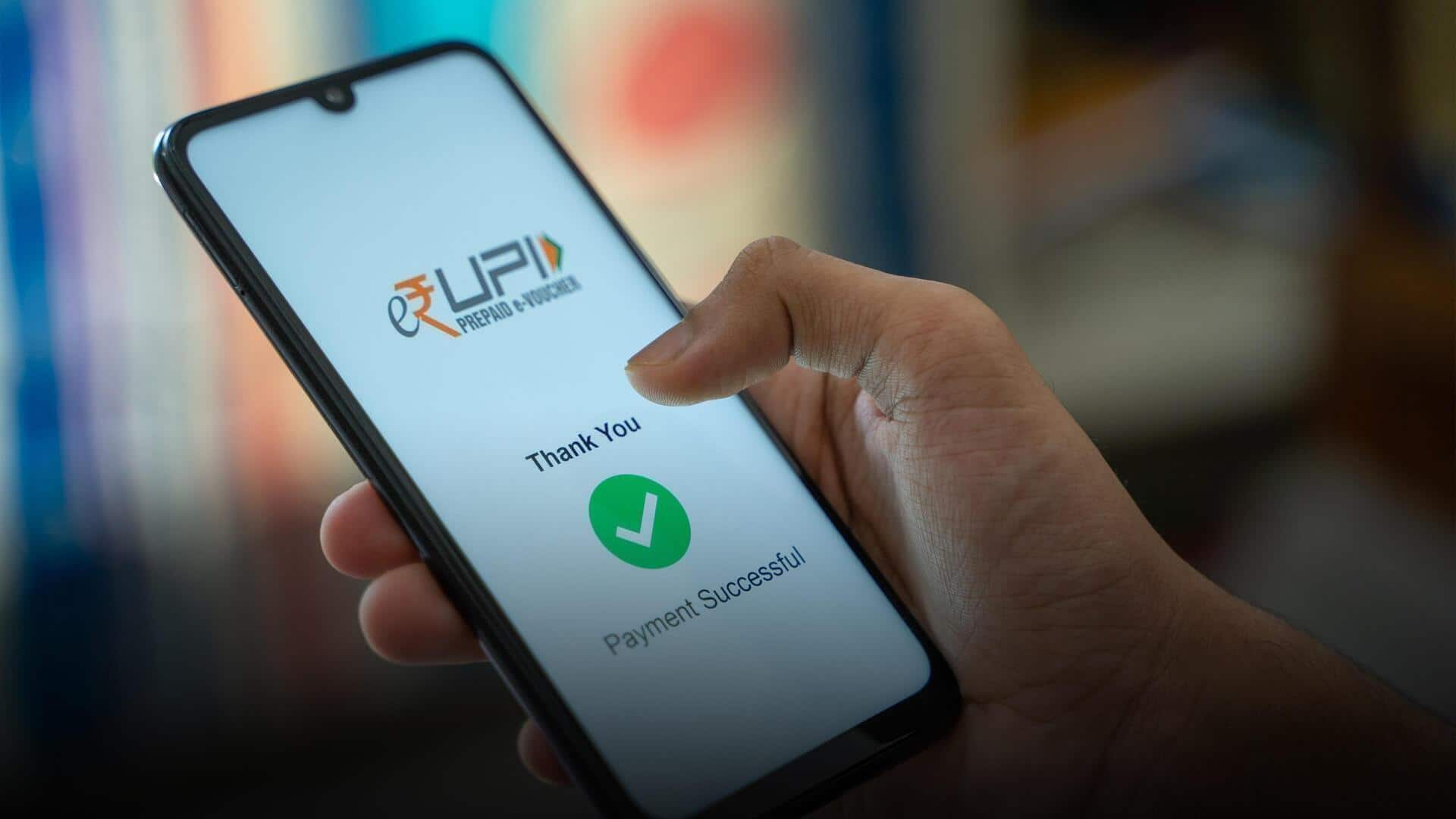
Starting October, UPI users can't request money from each other
What's the story
The National Payments Corporation of India (NPCI) has announced that it will disable the peer-to-peer (P2P) "collect requests" feature in Unified Payments Interface (UPI) by October 1, 2025. The move is aimed at curbing financial frauds associated with this feature. The "collect request" or "pull transaction" option lets one user ask another for money via UPI, a facility often misused by scammers to deceive users into authorizing payments.
Implementation details
Current limits for 'collect transaction'
In a circular issued on July 29, the NPCI said that by October 1, 2025, UPI P2P Collect will not be allowed to be processed in UPI. The current limit for a "collect" transaction is ₹2,000 per person. Also, you can only send up to 50 successful P2P credit transactions in a day. However, merchants can still continue using collect requests for their transactions with customers.
Fraud reduction
Feature was intended to remind users about pending payments
The NPCI's circular also said that all member banks and UPI apps shouldn't initiate, route or process UPI P2P "collect requests." The collect feature was originally intended to let users remind their friends or family members about pending payments without sending a separate message. However, with the introduction of split payment option in UPI, this use case has become less relevant.
Market dominance
UPI is India's most popular digital payment method
UPI has emerged as India's most popular digital payment method, processing nearly 20 billion transactions a month worth around ₹25 lakh crore. There are an estimated 400 million unique UPI users in the country. The NPCI's decision to disable P2P collect requests is part of its ongoing efforts to strengthen security and protect users from potential frauds associated with this feature.